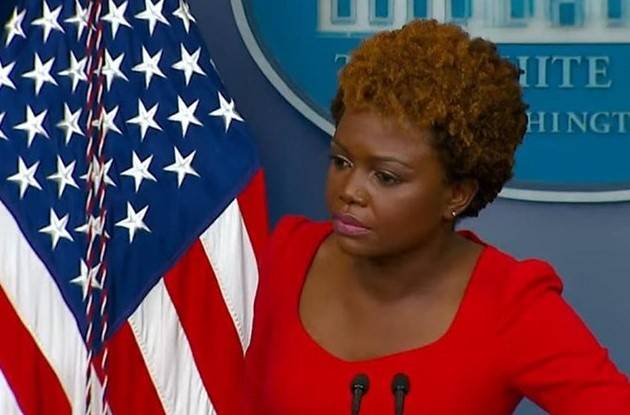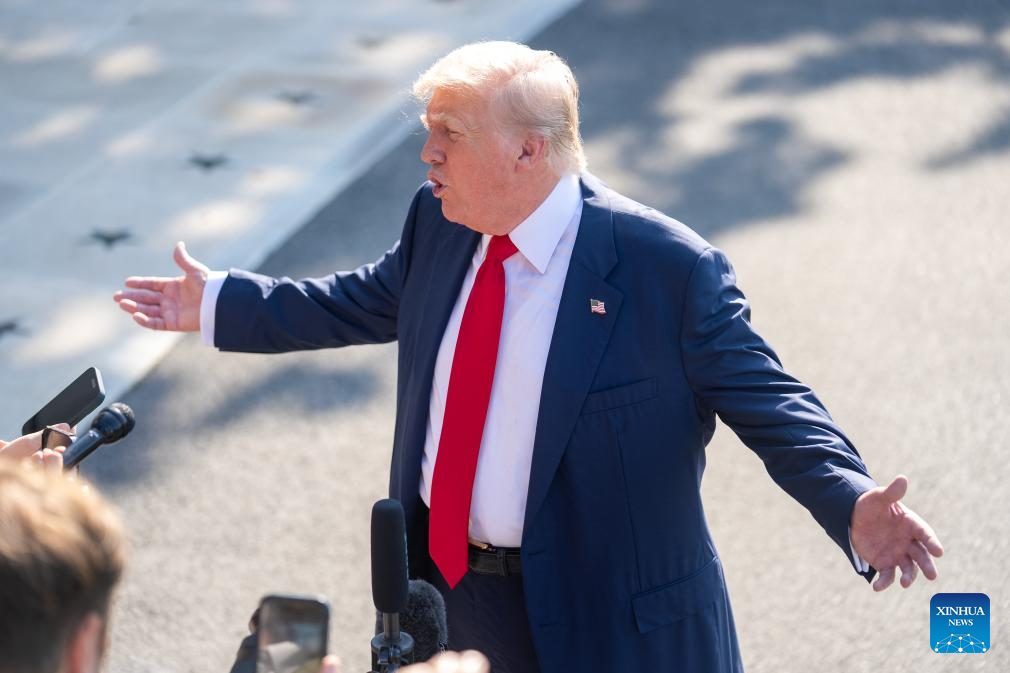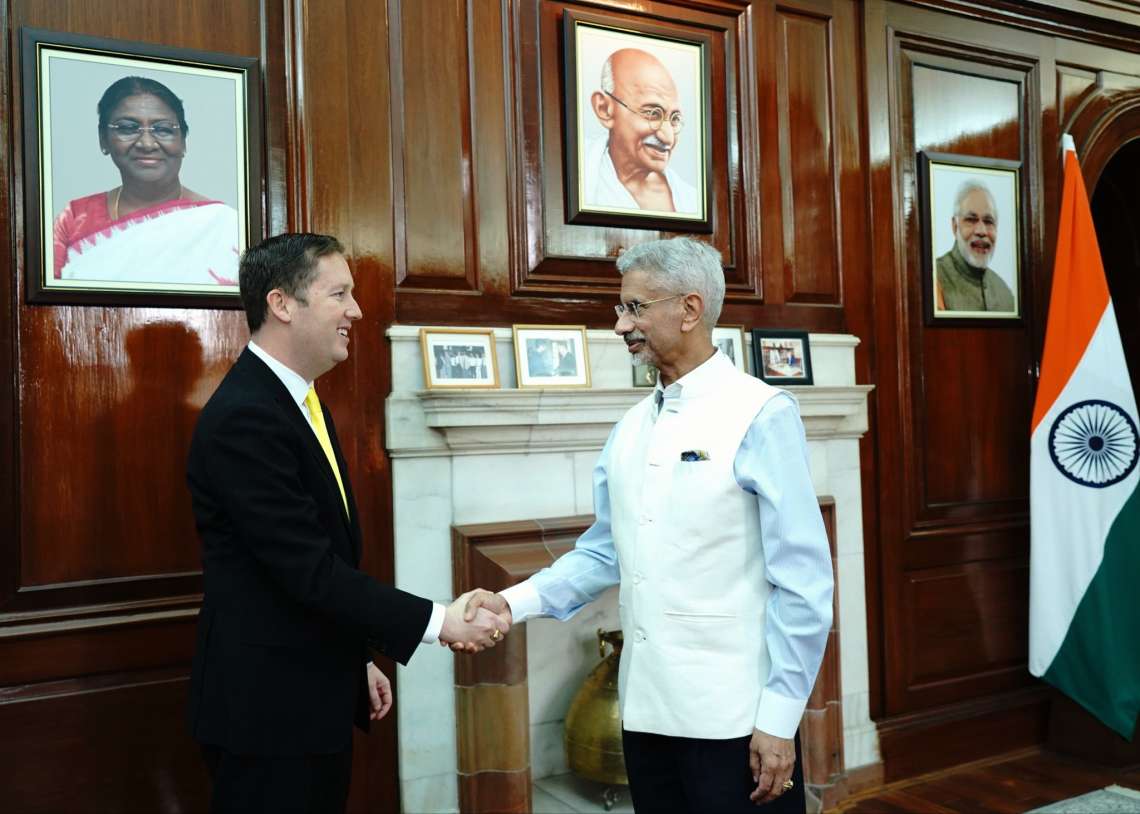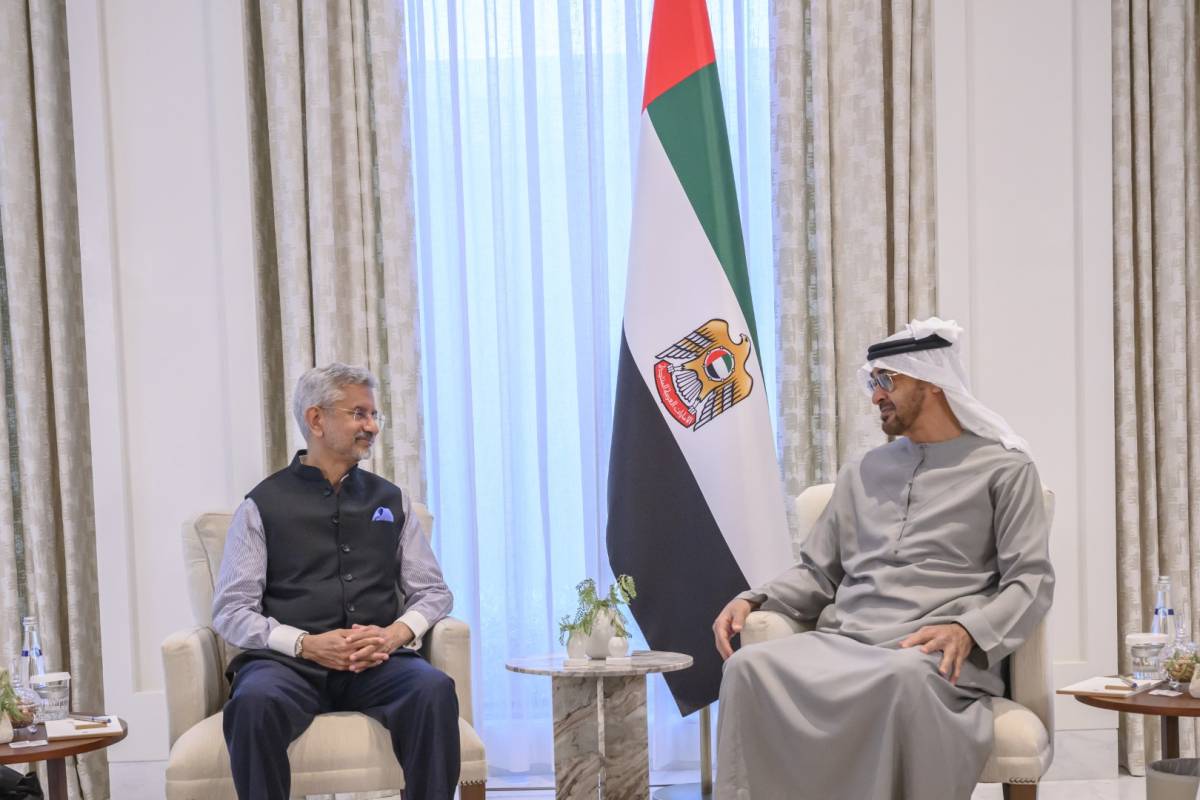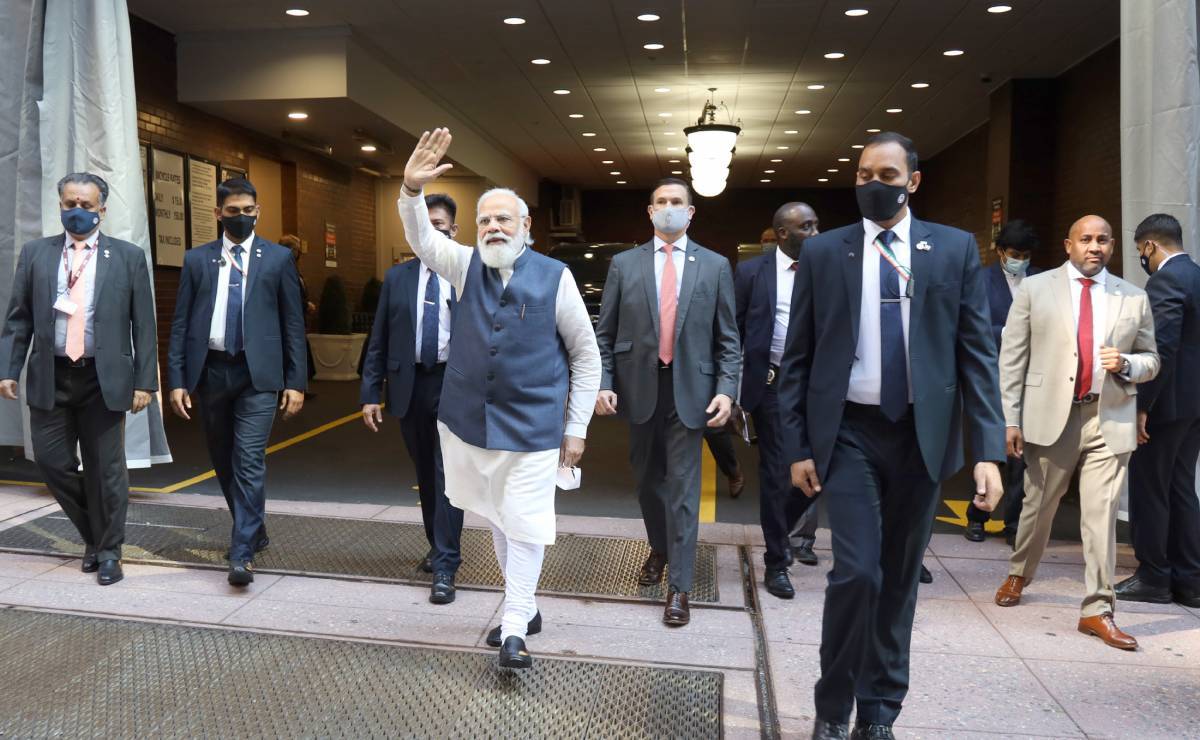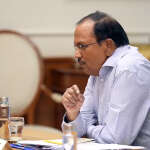White House said the investigations led by the International Atomic Energy Agency (IAEA) “are not political” and “are not leverage or bargaining chips”, reports Asian Lite News
White House Press Secretary Karine Jean-Pierre suggested that there should not be any conditionality between a revival of the 2015 Iran nuclear deal and the conclusion of watchdog probes.
Addressing the media on Friday, Jean-Pierre made the remarks referring to the deal known as the Joint Comprehensive Plan of Action (JCPOA) and investigations related to Iran’s obligations under the Non-Proliferation Treaty, reports Xinhua news agency
She said the investigations led by the International Atomic Energy Agency (IAEA) “are not political” and “are not leverage or bargaining chips”.
“We are unbending in our support for the IAEA’s independence… It would be preferable to return to the JCPOA without any open safeguard issues,” the Press Secretary added.
If the US makes the “right decision”, negotiations can be concluded quickly, Mohammad Marandi, an advisor to Iran’s nuclear negotiation team, said on Friday.
“Iran has responded as promised. It’s time for the (US President Joe) Biden team to make a serious decision,” Marandi tweeted hours after Iran’s Foreign Ministry Spokesman Nasser Kanaani said that Tehran had given answers to the Washington on the European Union’s draft of a potential nuclear agreement.
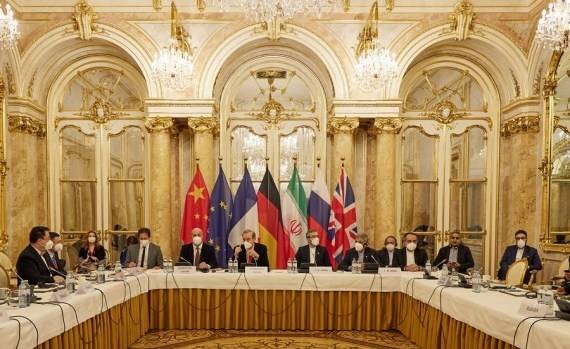
“The submitted text has a constructive approach with the aim of finalizing the negotiations,” Kanaani said in a statement.
The US State Department confirmed they have received Iran’s response through the European Union (EU).
“We are studying it and will respond through the EU, but unfortunately it is not constructive,” a Department spokesman was quoted by some Western media outlets as saying.
“For the US, ‘constructive’ usually means accepting US terms. For Iran, it means a deal that is balanced and protected,” Marandi said.
Iran and the US are indirectly exchanging views about a recent EU proposal aimed at resolving the outstanding issues on the revival of the JCPOA.
Iran signed the JCPOA with world powers in July 2015, agreeing to curb its nuclear program in return for the removal of sanctions on the country.
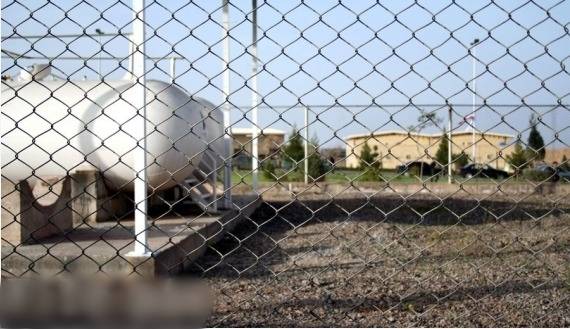
However, former US President Donald Trump pulled Washington out of the agreement and reimposed unilateral sanctions on Tehran, prompting the latter to drop some of its commitments under the pact.
The talks on the revival of the 2015 nuclear deal began in April 2021 in Vienna but were suspended in March this year because of political differences between Tehran and Washington.
The latest round of the nuclear talks was held in the Austrian capital in early August after a five-month hiatus.
On August 8, the EU put forward a “final text” of the draft decision on reviving the deal.
ALSO READ: N-deal: US disagrees on Iran’s ‘constructive’ response


